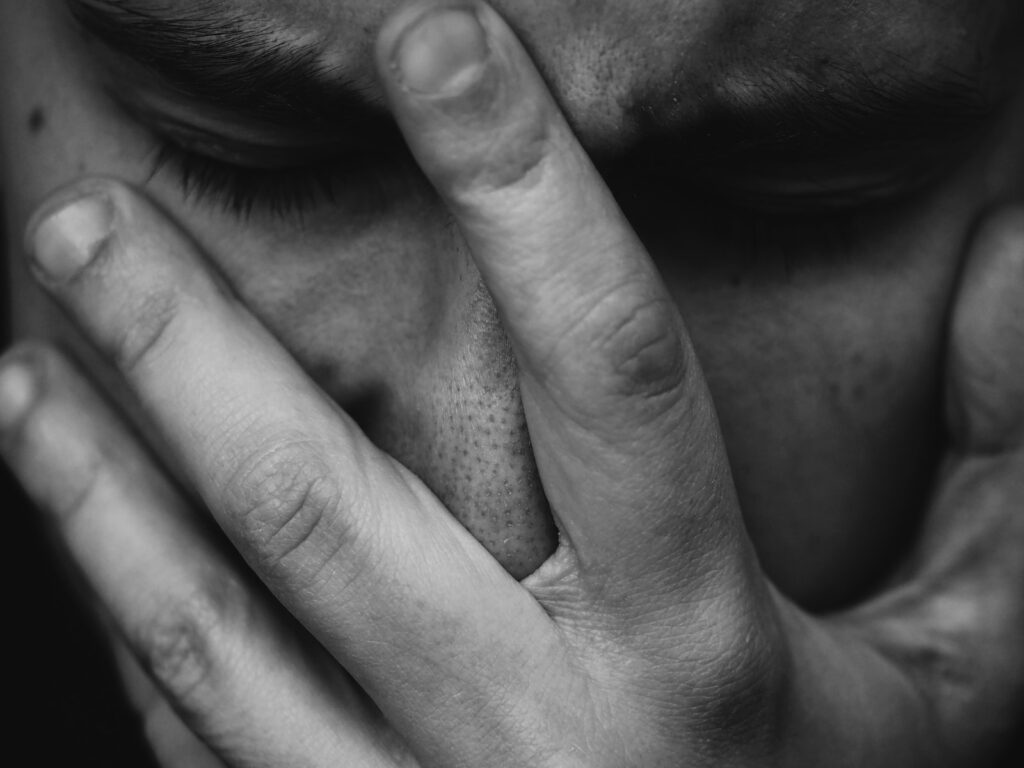- Hydrocodone is a legal opiate used to treat pain that was created by Carl Mannich and Helene Lowenheim in Germany in 1920 and became available in the US in 1943.
- There are over 200 medications that contain hydrocodone in them. Some of these include: Vicodin, Dilaudid, Lortab, and Hycodan.
- Hydrocodone is most commonly recognized as medication administered in tablets, capsules, or suppositories
- When abused these opiates can be crushed and snorted, broken down with liquid and injected, or ingested.
- Harmful side effects include: nausea, drowsiness, impaired coordination, weakness, and confusion.
- Withdrawal symptoms are: severe pain, pin-and-needle sensation throughout the body, sweating, extreme anxiety and restlessness, fever, depression, and severe muscle cramping.
Hydrocodone Addicts Can Recover
Treatment options for Hydrocodone include a medical detoxification that involves a monitored gradual decrease of doses in order to safely relieve withdrawal symptoms that prevent the user from wanting to quit.
The first step in detox can take place in a medical or residential setting. This is ideal for a person who wants to live 100% clean and sober.
After completing detox, most addicts who choose complete abstinence have a better outcomes committing to a residential treatment center for thirty to ninety days.
There are also no cost 12-step self help programs such as Narcotics Anonymous.



